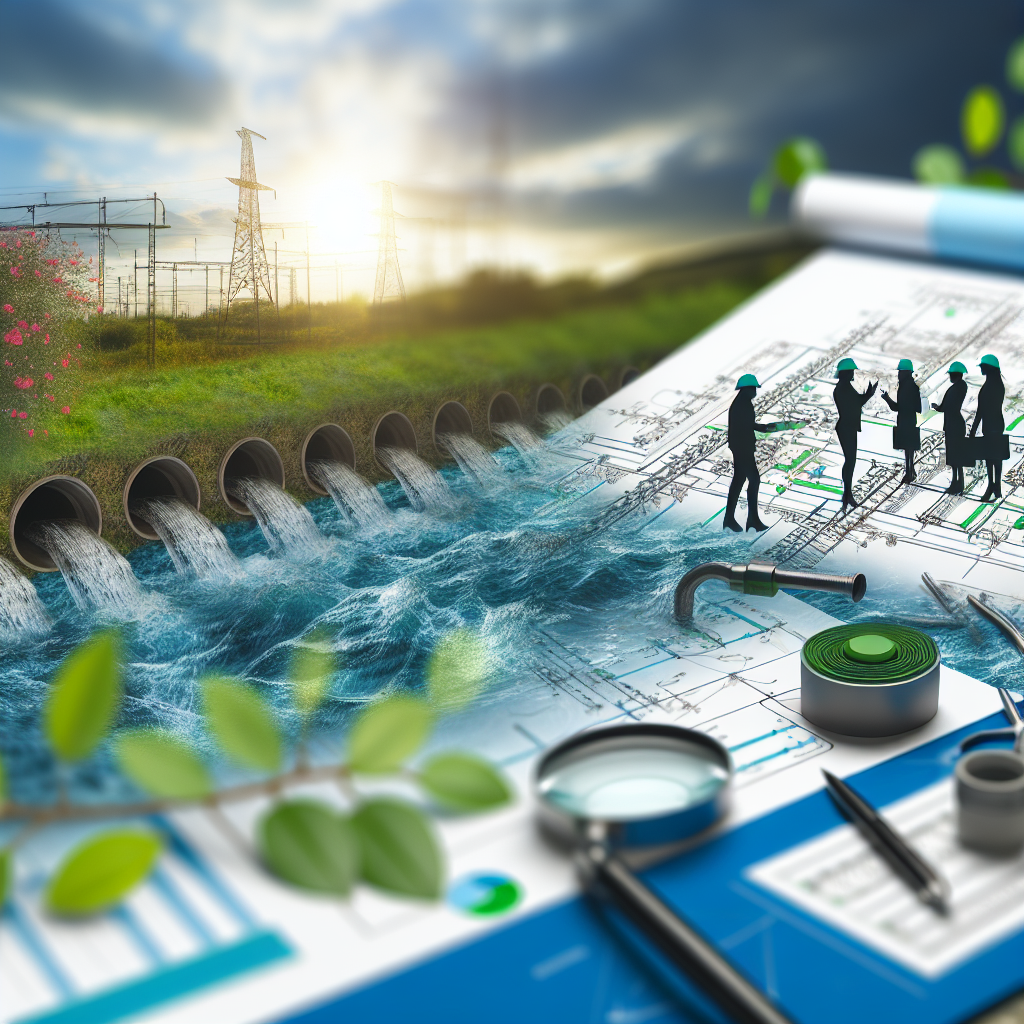As global populations grow and climate change accelerates, the need for innovative solutions in water resource management becomes ever more critical. Unlocking the future of water infrastructure involves integrating advanced technology, sustainable practices, and strategic planning to ensure reliable access to clean water for all. This article explores key developments shaping the future of water resources.
Innovative Technologies Transforming Water Infrastructure
In recent years, technological advancements have revolutionized water resource management, making systems smarter, more efficient, and more sustainable. Smart sensors and real-time data analytics enable proactive monitoring of water quality and usage, reducing waste and preventing contamination. **Nanotechnology** plays a vital role in advanced filtration systems, offering higher contaminant removal efficiency with less energy consumption.
Moreover, **desalination technologies** have become more energy-efficient and cost-effective, opening new avenues for augmenting freshwater supplies, especially in arid regions. **Modular water treatment plants** allow rapid deployment and scalability, making infrastructure adaptable to fluctuating demands and emergencies. These innovations are paving the way for resilient water systems capable of addressing future challenges.
Integrating Sustainability and Resilience into Water Infrastructure
Sustainable water management is crucial to safeguarding resources against climate impacts and population pressures. Incorporating **nature-based solutions**, such as wetlands and green infrastructure, enhances water purification and flood control while restoring ecosystems. Rainwater harvesting and greywater recycling have gained prominence as cost-effective methods to maximize resource recovery.
Building resilient infrastructure involves **adaptive design principles**, ensuring systems can withstand extreme weather events and changing conditions. Investment in underground aquifer recharge projects, stormwater management strategies, and the integration of renewable energy sources into water treatment processes further bolster resilience. Balancing technological innovation with ecological sustainability creates a comprehensive approach to the future of water resources.
In conclusion, unlocking the future of water resources in infrastructure depends on embracing technological breakthroughs and fostering sustainable practices. By focusing on innovative solutions and resilience strategies, communities can ensure reliable access to clean water amid evolving global challenges. The synergy of technology, nature-based solutions, and adaptive planning will define the sustainable water infrastructure of tomorrow.
